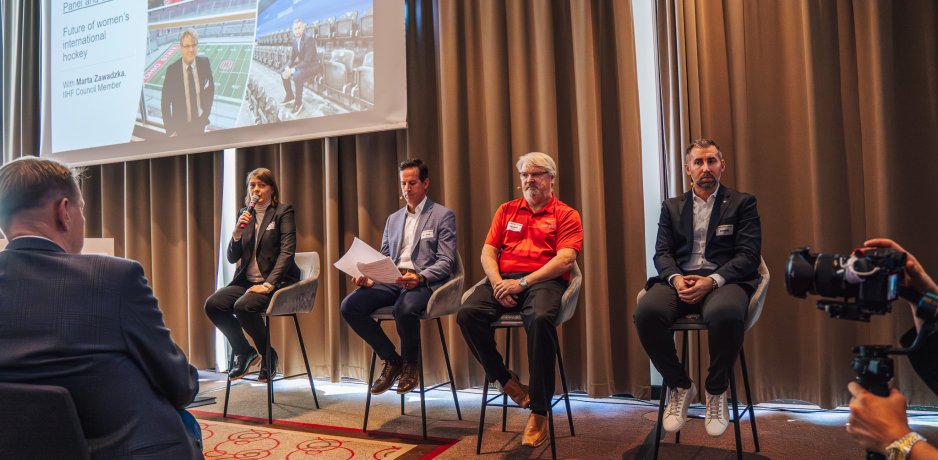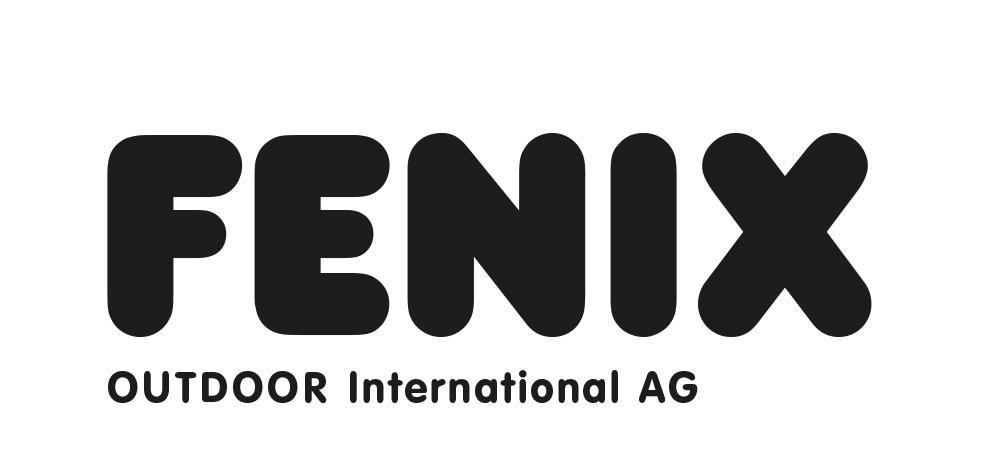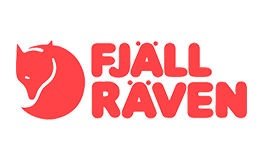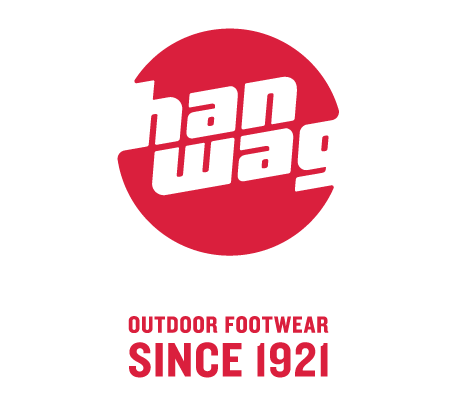Think like Mike Tyson

With the lessons from the last speaker of the day, Marko Pešić, still echoing in the bowels of the SAP Garden – “It’s a fine line between confidence and arrogance” – there’s only one way to describe the seventh annual Hockey Business Forum. It was a resounding success.
The event attracted a record attendance which, in turn, makes it a better networking event. Which is the purpose of the event.
In about six hours, that speakers covered topics ranging from arena building to governance of a club association to competition law to the PWHL and generative AI. And more.
Szymon Szemberg, who will step down as the managing director, opened his last Hockey Business Forum by pulling up images of sports events that will – most likely – never happen again. Such as Finland winning two Olympic gold medals in distance running about thirty minutes from each other, like when Lasse Viren and Pekka Vasala did it, in Munich, in 1972.
Then again, nobody thought that would happen even 52 years ago. Up until that September evening, it was just somebody’s dream.
And dreams, and fulfilling them, was what the day was mostly about.
It was kicked off by Rupert Zamorsky, the Marketing Director of Red Bull's hockey department, who showed the audience the one sheet of paper that was the wish list of items they wanted to have in a new arena at the start of the project. And now he gave the presentation inside that very arena that Red Bull financed and built.
“We have tripled our revenues,” he said.
The SAP Garden will be the communal home to both Red Bull Munich (and the FC Bayern basketball team) and their fans. And how do you make it a home that smells, tastes, feels, and looks like a home?
That’s exactly what Sebastiano Mereu, researcher at the Sports Business Research Academy, has studied. He surveyed a few thousand fans of three different clubs in Germany and Switzerland to see how they used their senses attending a game. After the analysis, Mereu could identify a few key factors:
- Aesthetics and comfort
- Club-made entertainment
- Fan-made entertainment
- Arena smell
- Food and beverages
Kölner Haie have done what many thought (and still think) couldn’t be done. They’ve increased their average attendance without having won any titles. In fact, they were on a record-long losing streak (17) when they broke their previous attendance record.
“Data is everything. And every new fan is a new fan, if we get three new fans, those are three new fans who can bring their friend to a game,” says Philipp Walter, Managing Director.
While the world changes, one thing stays the same. You become a fan at an early age.
“Get them young,” said Ido Ratzon, head of the business development team in Europe at WSC Sports, the pioneer in AI-powered sports content technology. With AI on the rise, there are new kinds of opportunities for attracting kids.
Peter Mattsson, Red Bull Athlete Performance Center, Global Performance Director, brought nuance to the conversation about player development by first debunking the “10,000-Hour Rule,” noting that it was simply the average time it took expert musicians to master their instrument.
“Some did it in 5,000 hours, others in 12,000. What we do know is that most of the ones who become great athletes were also great at an early age but that most of those among the best at an early age do not become great,” he said.
“We need coaching and academy, but we also need the athletes who like to go to the rink on their own.”
According to Mark E Orth, clubs could – and should – challenge the federations' monopolies even more, citing the European Court of Justice’s decision of the football Superleague that ruled that FIFA and UEFA were in breach of competition law (by abusing their dominance) unless they ensure that their authorization rules for rival tournaments were transparent, objective, non-discriminatory and proportionate.
As Chief Executive Officer of football’s European Club Association, Charlie Marshall was in the eye of that storm, but in Munich, he presented the EHC members how their counterpart in the world of football works and how they have managed to get a seat at the tables where decisions are made.
Chris Burkett told the story of the PWHL, the league’s future expansion and plans to play games in Europe and CAA’s Claes Elefalk brought in an agent’s view on player development and the women’s game.
“It is the future. If the women’s game grows, the game of hockey grows,” he said.
It’s not always easy being the second-tier league in a country, but if there’s one person who doesn’t feel sorry for himself, it’s Gabrielle Monidelle, the CEO of Sweden’s HockeyAllsvenskan. Neither should he be. The league’s attendances are up and so are its TV ratings.
“The product is “entertainment.” Quality of clubs is more important than quality of players, and mistakes are the backbone of a company,” he said. But for some reason, companies often begin to consider all decisions as crucial instead of making quick decisions and learning about the outcome quickly.
“Think like Mike Tyson,” he said. “Not too much.”
Photo: Nina Grägel









